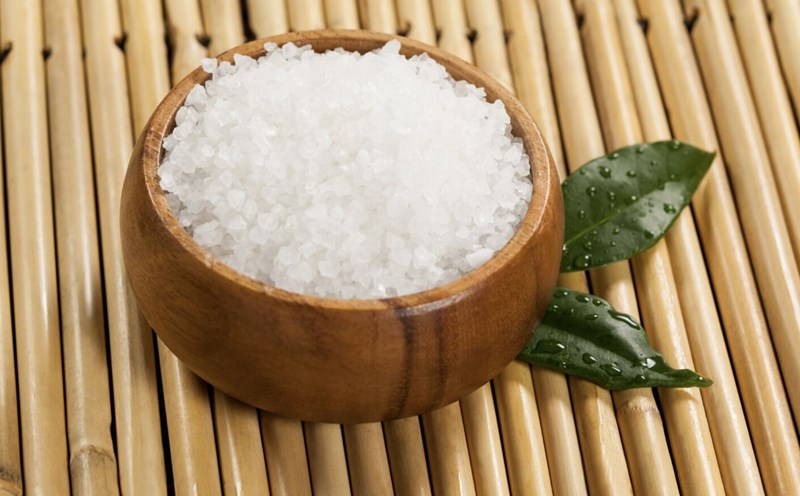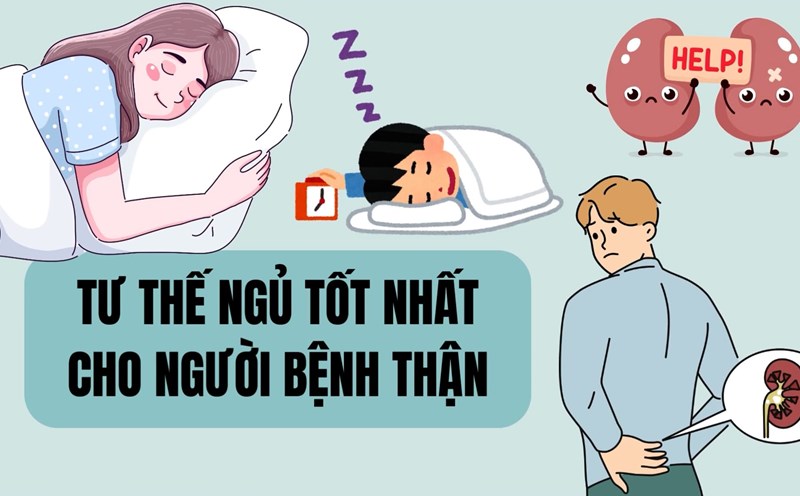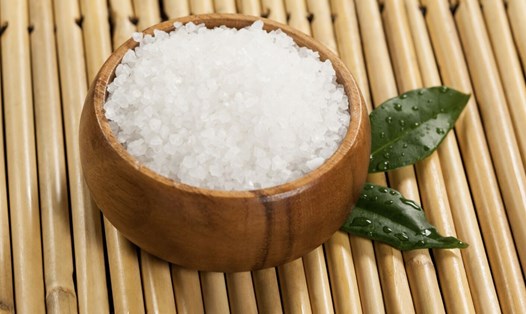Reins eliminate salt for 1 - 3 days
According to medical research, salt (sodium chloride) exists in the body on average for 24 to 3 days before being excreted by the kidneys through the urine. However, this speed varies from person to person.
In healthy people, about 90% of the salt can be excreted within 24 hours, but for people with kidney disease or dehydration, the process takes longer, says James Myhre, a US-based research expert.
influencing factors include:
kidney function: Weakness causes salt to accumulate, increasing the risk of high blood pressure.
Salty diet: Eating a lot of salt activates the body's endocrine system RAAS, increasing sodium reabsorption.
Water intake: Drinking enough water helps excrete salt quickly, while dehydration causes sodium to stay longer.
Potassium deficiency: When the body lacks potassium, the kidneys will retain more sodium.
Drugs and physical activity: Some anti-inflammatory and anti-depressant drugs slow down excretion; on the contrary, exercise and sweating help sodium escape through sweat.
Eating too much salt, high risk for Vietnamese cardiovascular disease
Vietnamese people average to consume about 9.4 grams of salt per day, nearly double the level recommended by the World Health Organization (WHO) of less than 5 grams.
Dr. Dennis Sifris (USA) emphasizes: "Eating a lot of salt for a long time increases the risk of high blood pressure by 23%, thereby increasing the risk of stroke and cardiovascular disease".
An international study shows:
54% of stroke cases are directly caused by high blood pressure due to salty eating.
People who eat a lot of salt every day are 60% more likely to develop chronic kidney disease than those who eat blatantly.
In Vietnam, the rate of adults with high blood pressure is at an alarming level, accounting for more than 25% of the population. The habit of eating salty foods, using fish sauce, pickled melons, and processed foods are the main causes.
How to effectively reduce salt?
To help the body eliminate sodium and reduce the risk of cardiovascular disease, experts recommend:
Do not add salt when cooking: 1 teaspoon of salt contains 2,300 mg of sodium, equivalent to the maximum daily intake.
Reduce processed foods: Choose fresh foods, limit instant noodles, sausages, and canned foods - which are a source of "hiding salt".
Supplement foods rich in potassium: Green vegetables, bananas, potatoes, tomatoes help balance sodium.
Drink enough water: Men need 8 - 12 cups, women 6 - 8 cups per day to support the kidneys in filtering salt.
Increase exercise: Regular exercise and proper sweating help excrete sodium naturally.
Salt is necessary for the body but excess is a burden for the kidneys, cardiovascular and brain. Reducing salt not only helps control blood pressure but also prevents stroke, kidney failure and prolongs life.











